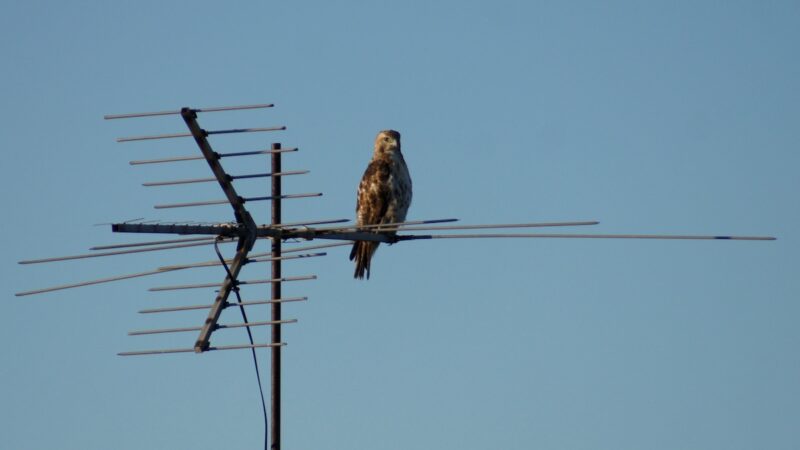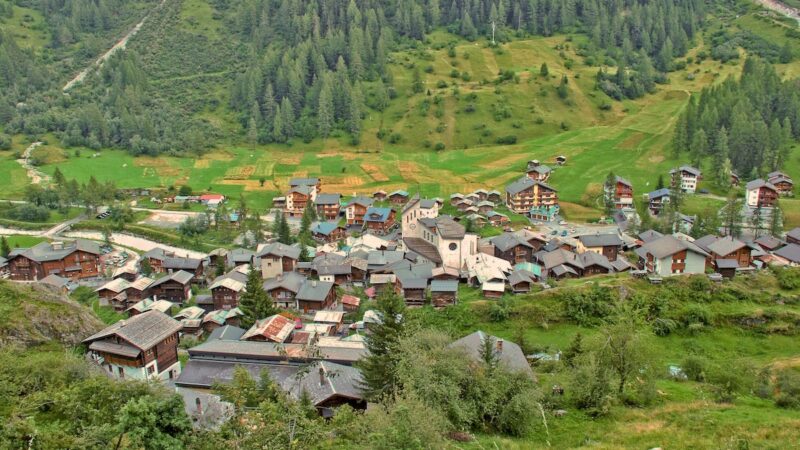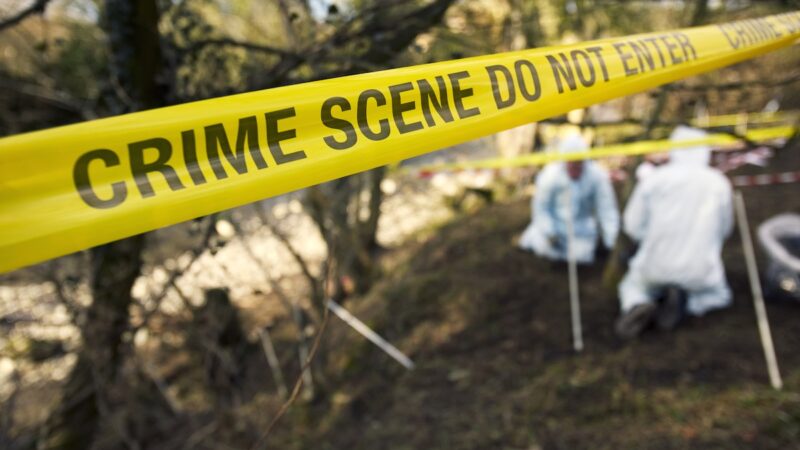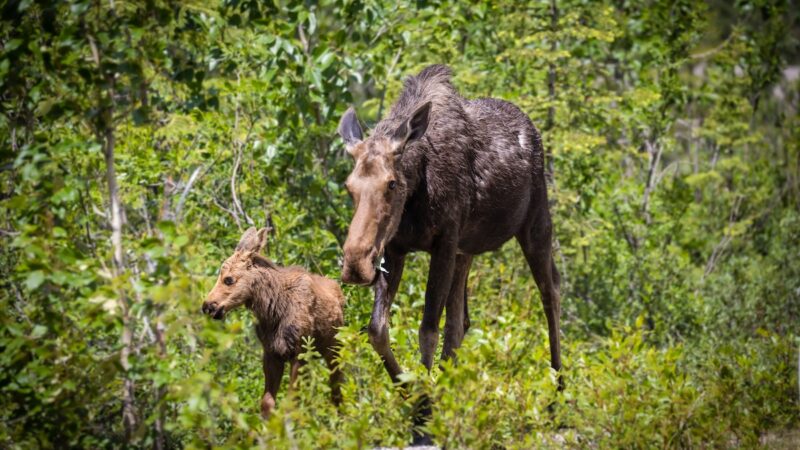This Motley Crew of Outdoors Mascots Helped Generations of Americans Embrace Nature
If you live in the United States (and maybe even if you don’t), you’ve heard of Smokey Bear, but how about Spunky Squirrel? Woody the Log? Howdy the Good Outdoors Manners Raccoon?
The great outdoors doesn’t need a marketing gimmick—and yet, these mascots exist (or once existed), and we’re not mad about it.
Over the years, these mascots—some silly and some serious—have taught important lessons about wildlife and wild places and put a face on some slice of the American outdoors.
Take a stroll down memory lane as we round up some of the greatest outdoor mascots in U.S. history, both past and present.
Related:
The Outdoors Etiquette Guide For Visiting the National Parks
100 Must-Visit National Parks Around the World
Woody the Log
In 1944, a press release from American Forest Product Industries announced a new character, a “smiling, animated log” called Woody. Woody initially served as a symbol for forestry and good forest management. His later work focused on preventing wildfires.

Sniff and Snuff
To help snuff out wildfires in the 1960s, the California Division of Forestry partnered with an animation studio to come up with Sniff and Snuff, a duo designed to teach children about fire prevention. These “Super Fire Safe Snoopers” were featured in comics, educational literature, and possibly even on television.
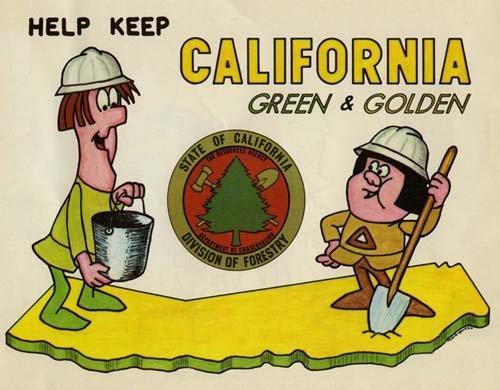
Howdy the Good Outdoor Manners Raccoon
We have the Pennsylvania Forestry Association to thank for Howdy, the Good Outdoor Manners Raccoon. Also a product of the 60s, Howdy was the face of an awareness campaign in the state designed to encourage visitors to reduce litter, obey park rules, and obtain proper licenses for hunting, fishing, and hiking.
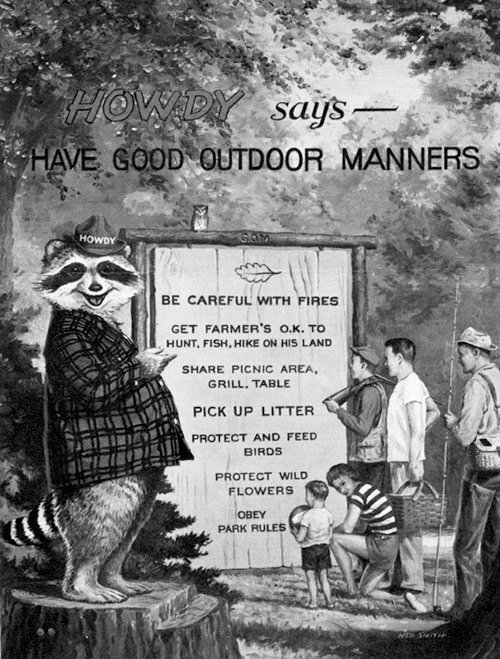
G. Lupe Ringtail
Guadalupe Mountains National Park in Texas houses the Guadalupe Mountains and their wilderness mascot G. Lupe Ringtail. A great example of a modern mascot, Lupe promotes awareness of wilderness and wildlife issues in the park by attending events, dancing, and posing for pictures.
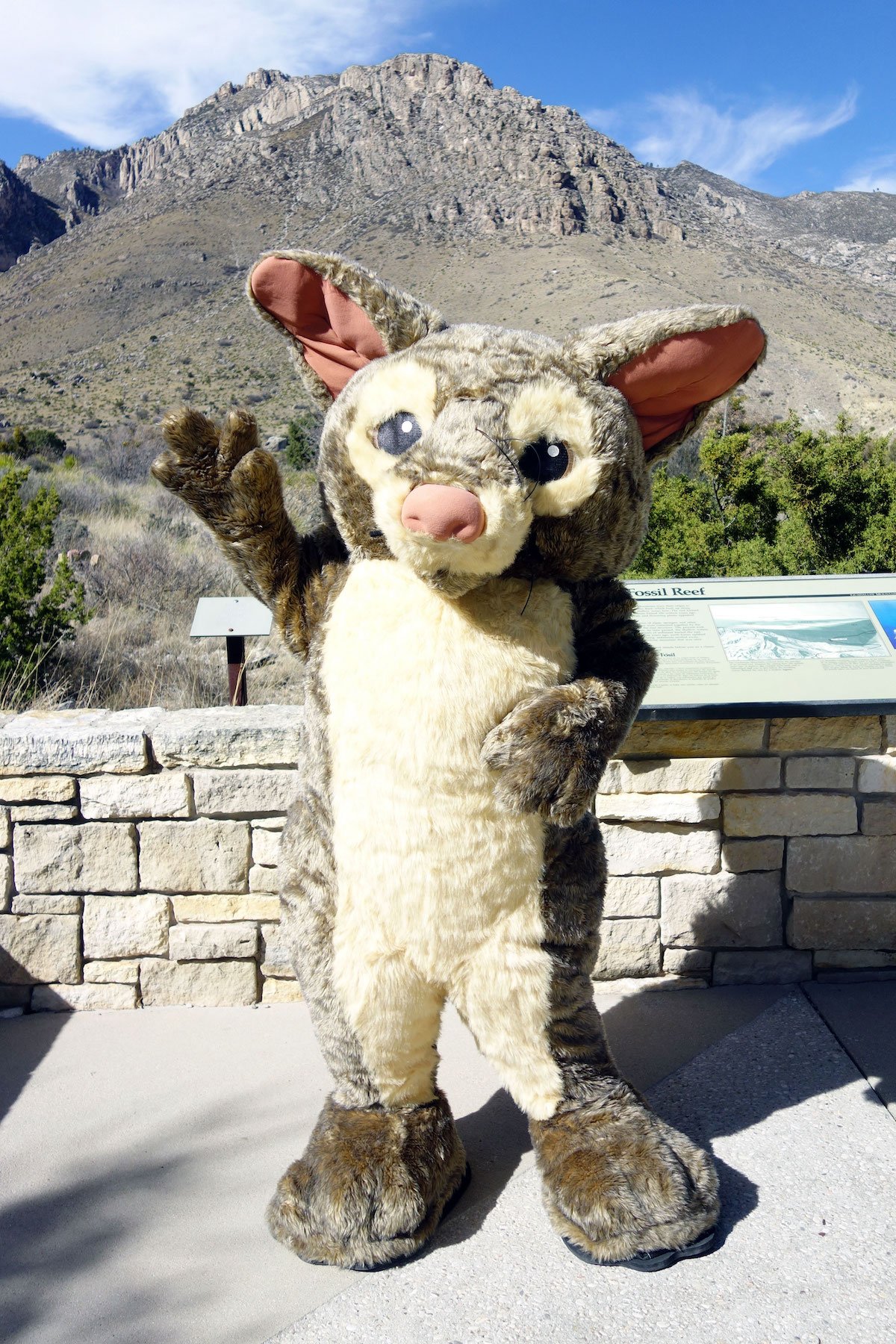
Carl S. Bat
Carlsbad Caverns National Park in New Mexico has a mascot, too: Carl S. Bat. The park is home to 17 species of bats—mammals that tend to be feared and misunderstood by humans, despite their ecological significance. Carl showcases the friendly side of bats for visitors to Carlsbad Caverns.
Spunky Squirrel
In the 1980s, Spunky Squirrel was a mascot of the American Forestry Association, reminding Americans to—as his slogan went—Care for Trees! In one public-service announcement, Spunky Squirrel encouraged property owners to “plan, plant, provide, protect, and prune” their property’s trees, because “trees are treasures.”
Sunny Saguaro
Sunny Saguaro is another modern mascot, this one used by Arizona’s Saguaro National Park. Sunny made his first appearance in December 2015, and visitors can buy plush versions of the friendly saguaro as souvenirs. Giant saguaro cacti are iconic to the American Southwest, and this national park houses many of them.
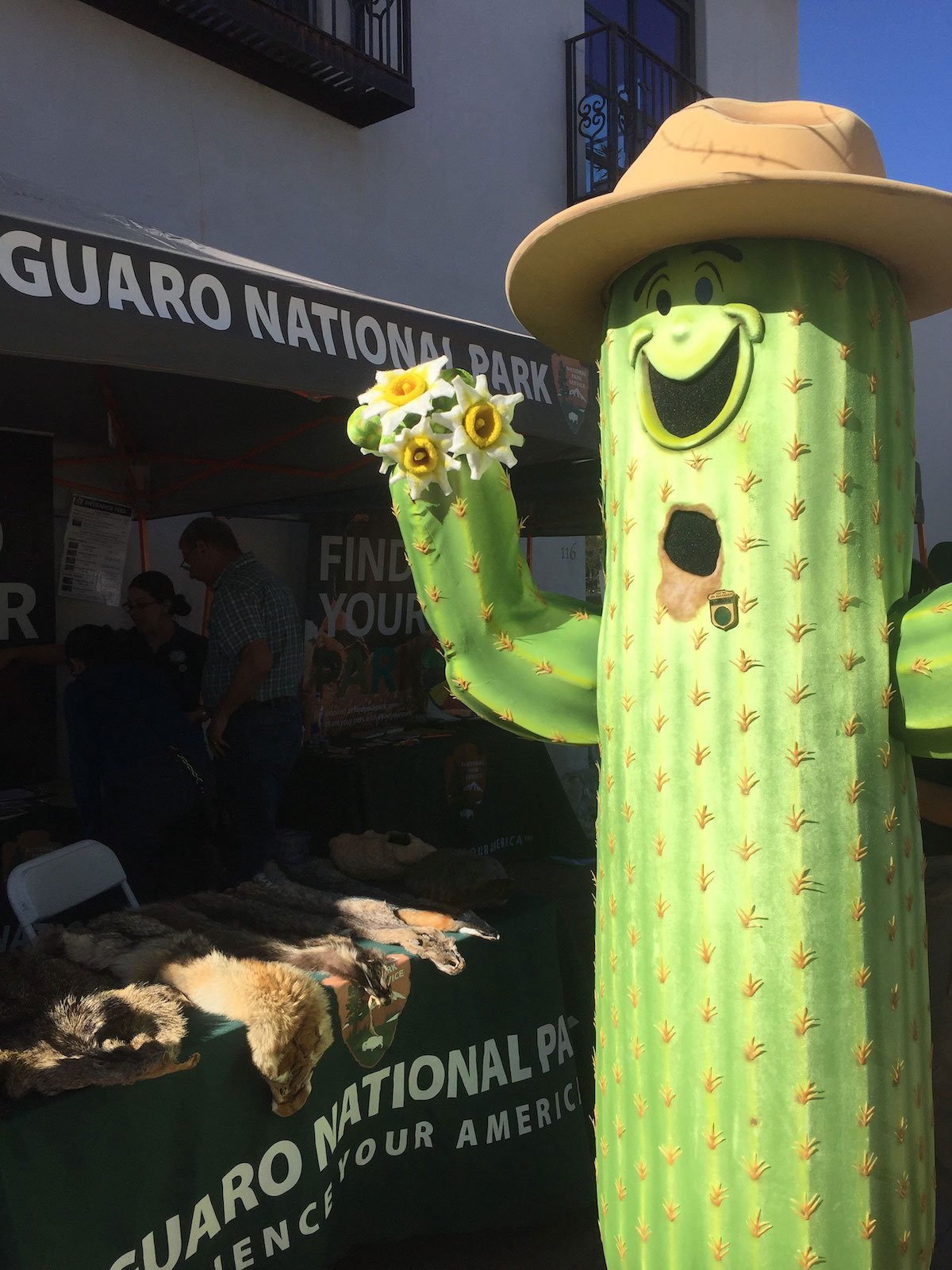
Woodsy Owl
Woodsy Owl has been a long-standing symbol of the U.S. Forest Service—in fact, Woodsy turned 50 in 2021. His original motto (Give a hoot – don’t pollute!) is perhaps his most famous saying, but he’s also known for slogans like Never be a dirty bird and, most recently, Lend a hand – Care for the Land.
Smokey Bear
Smokey Bear has been an icon of the American outdoors since 1944, and his top goal has always been preventing wildfires. For 75 years, Smokey has been telling Americans “Only you can prevent wildfires!” The U.S. Congress enacted the Smokey Bear Act of 1952 to protect and preserve Smokey’s name and image. The Smokey Bear public service campaign is the longest running in the nation.

Which mascots (past or present) would you add to this list? Tell us your favorite in the comments below.
Source: https://outdoors.com/hilarious-nostalgic-outdoor-mascots/

